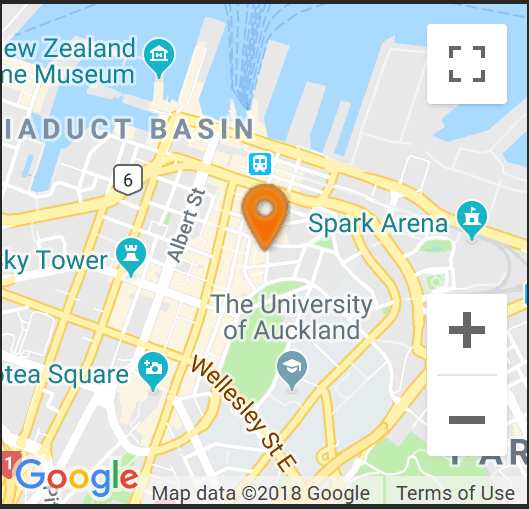Contact Us
Address
Level 7 Shortland Chambers,
70 Shortland Street, Auckland 1010
Office
NZ: 0800 338 838
AU: 1800 143 415
US: 1888 6257 833
UK: 0800 0285 834
Find Us

For best parking please use Chancery Carpark.
- Collinson & Co © 2020 All rights reserved
- TERMS & CONDITIONS
- Complaints Policy and Procedure
- Privacy Policy

Daily Market Commentary 8th June 2022
Share This Post
The RBA raised interest rates by 50 basis points, in a warning to markets that inflation is here and they are serious about combatting the rising cost-of-living pressures. The newly minted Labor Government have backed a 5.1% minimum wage rise with the authority, Fair Work Australia. This is headline politics because the real problem, is if this wage rises move across industry more broadly. Minimum-Wage workers are only around 180,000 workers, so if the inflated rise of 5.1% can be contained to this group, while industry wide wage rises are contained lower, inflation could be dampened. The danger is that the headline 5.1% wage rise extends across the economy, leading to a 1970’s style wage-price spiral, further aggravating the cost-of-living crises. The AUD popped to 0.7250 on the news, but settled back in overnight trade, while the NZD trades below 0.6500.
Fears of a demand lead recession, due to massive cost-of-living pressures across the US and Europe, were further peaked with warnings from US Retail giant Target. The growing pressure on the consumer, due to higher energy and food costs, are damaging demand. The fears in the market are being tempered by hopes that inflation has peaked in the USA at 8.3%. The CPI number will be closely watched on Friday, with markets expecting a softer number, allowing recession fears to calm. If the inflation number remains aggressive, then markets could suffer, accordingly. The US Dollar continued to gain ground, with the Yen trading lower at 132.50, while the EUR held below 1.0700 ahead of the ECB meeting. The ECB have been the only major Central Bank not to take action on inflation, other than project cuts to QE, prior to raising rates. Inflation has got away on the European Central Bank, but they are restricted in their actions, as they need QE and debt issuance to fund their massive deficit spending programs. Member nations cannot afford higher interest rates and massive fiscal deficits demand constant and bloated servicing requirements. The situation in Europe is dire and the sanctions imposed on their major food and energy supplier (Russia), has made the crises next to impossible. Ideology and politics continue to dominate the economic realities.
Look for the ECB for narrative, if not action, while the US CPI number remains key.